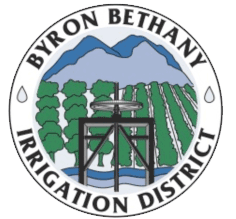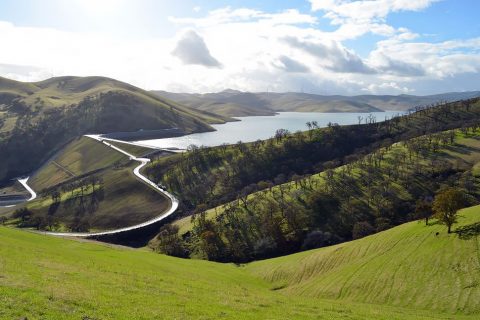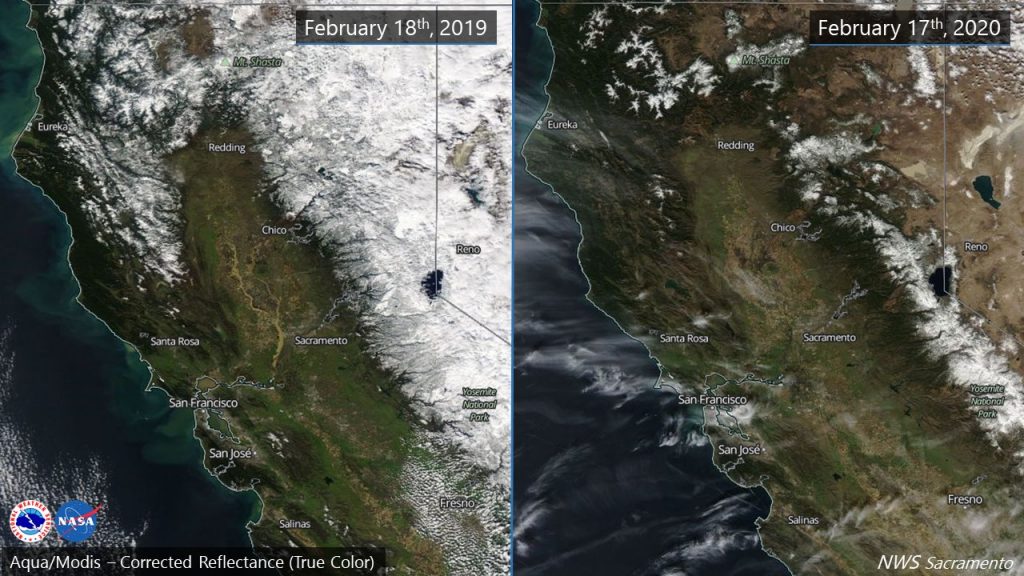Contra Costa County (October 18, 2022) – The U.S. Bureau of Reclamation announced it will allocate $82 million for the expansion of Los Vaqueros Reservoir, a project that will improve regional water reliability and provide environmental benefits across the Bay Area and Central Valley. The Byron-Bethany Irrigation District (BBID) is participating in this project through its membership with the San Luis & Delta-Mendota Water Authority (SLDMWA).
“As we face an uncertain future, the District is committed to taking the necessary steps to secure water reliability for our growers,” said acting BBID General Manager Ed Pattison. “Participating in 21st-Century projects like the expansion of Los Vaqueros Reservoir – which is the result of collaboration, innovation and forward thinking – is a significant step toward building long-term drought resilience.”
A total of $210 million of federal water storage funding was allocated to seven projects in the western U.S., under the Bipartisan Infrastructure Law approved by Congress in late 2021. The Los Vaqueros Reservoir Project is receiving the largest portion.
“BBID is grateful for the productive partnership between the Bureau of Reclamation and the Los Vaqueros Joint Powers Authority,” Pattison continued. “This funding will help the project move forward and demonstrates that our federal partners recognize the importance of supporting improved water management for California’s people, its food supply and its environment.”
The project was previously approved for $477 million from California Prop 1 funds and $136 million for construction in federal funding.
When complete, the capacity of Los Vaqueros will be increased from 160,000 acre-feet to 275,000 acre-feet. New and upgraded conveyance facilities will be added to provide comprehensive benefits to water supply reliability and flexibility, the environment, and recreation. Construction is expected to begin next year and continue through 2030.

 In October 2018, President Trump issued the
In October 2018, President Trump issued the 